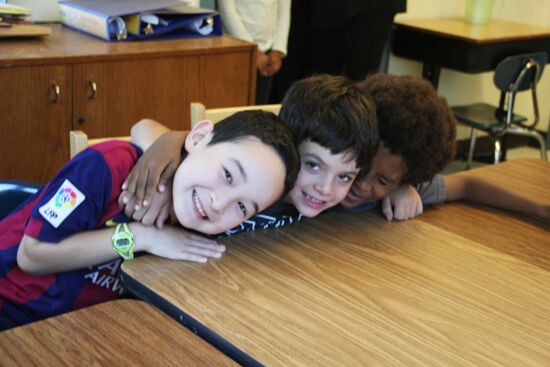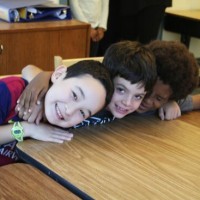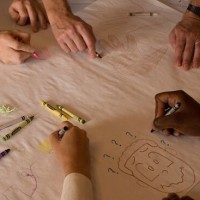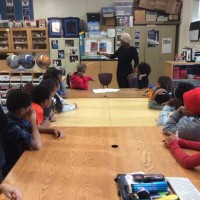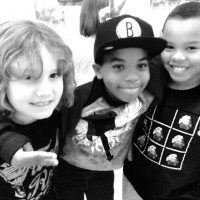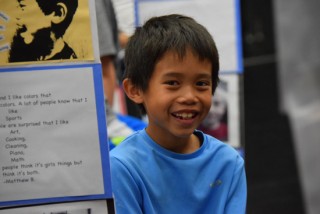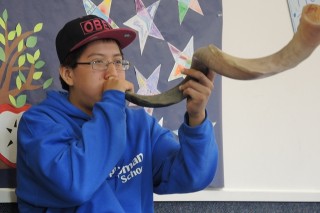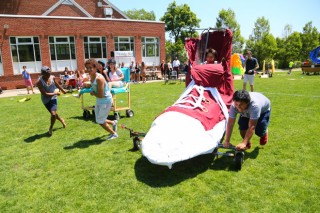When faced with a disagreement with a friend, do students know how to respond? Do some feel they can’t talk about race for fear of making others uncomfortable? Are there differences in their academic and social experience based on race?
Students at Ethical Culture Fieldston School begin to discuss ethics at an early age, and race-related topics are found throughout the curriculum. But last year, in an effort to open up the dialogue, the school began offering a new program to encourage third, fourth, and fifth graders to discuss race and racial identity. Conversations About Race (C.A.R.) brings them together in small groups to discuss who they are and how they identify along racial lines. Students and families can choose for these conversations to occur in affinity groups by race or in racially mixed groups; the meetings happen during the school day so all children can participate.
Last year, students gathered five times in mixed grade groups, looking at picture books that reflected their identity, playing games to encourage conversation, and making lists featuring all the ways they identify, including race. After each session, grade level groups met to debrief, ask questions, and share what they learned.
This year’s students want the conversations to go even deeper and discuss world events, says Laura Stewart, Fieldston Lower Diversity Coordinator. “What good is creating a diverse school if students aren’t really talking to one another? Academic achievement is rooted in school connectedness and a strong sense of self. We hope C.A.R. will let our students feel like their voice matters — and that they’ll work to make sure every voice matters.”
